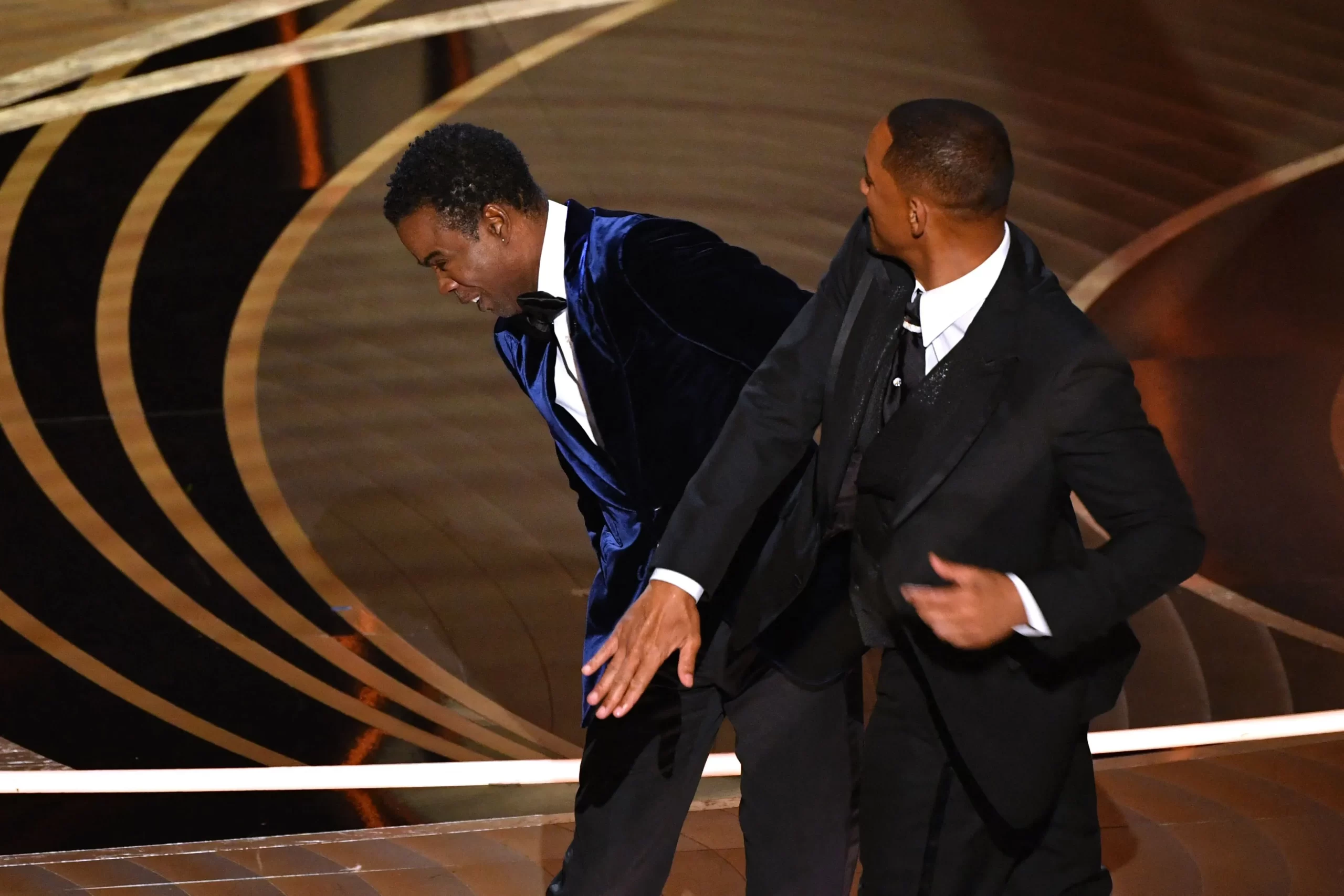Art vs the Artist

When celebrated artists act in a way that is deemed controversial, it can negatively affect their careers and how people perceive their creations. In an age where cancel culture, the act of shunning an individual for actions deemed unacceptable is prevalent, this is a common occurrence. This begs the question: can art be separated from the artist? And if it can, should it be? This article will examine both sides of the argument, focusing on the recent examples of rapper Kanye West and actor Will Smith.
Kanye West is one of the most accomplished men in the music industry, with 75 nominations and 24 Grammy wins. With the release of his latest album Donda, Kanye was up for 5 awards. At the Recording Academy’s 64th annual Grammys, West went on to win 2 of those awards for Best Melodic Rap Performance and Best Rap Song, but on award night, the rapper did not attend. CBC reported that Kanye’s act had been pulled from the show due to his recent “concerning online behaviour.” Over the past couple of months, West has been harassing his ex-wife Kim Kardashian and her boyfriend, Pete Davidson, an actor famous for his SNL skits, on social media. West has been posting several private messages between the two, making edited posters of the rivalry and even asking fans to scream “Kimye Forever ” if they ever spot Davidson. Kanye’s online attacks and attempts to win Kim Kardashian back have been unrelenting and several celebrities, including this year’s Grammy host, Trevor Noah, have spoken out condemning his behaviour. Following the turmoil, the recording academy removed West from the Grammy lineup, leaving people to question if Kanye’s recent online outbursts warrant such measures. Have West’s actions overshadowed the success of his highly praised album Donda? Whether or not his behaviour requires these consequences, it is understandable that the Recording Academy is acting conservatively in its efforts to shy away from controversy.
When artists become involved in a scandal, people quickly withdraw their support. Some feel that they can’t, in good conscience, continue to encourage someone whose behaviour is inappropriate. Can we not argue that an artist and their art are one and the same because it is a deeply personal form of expression? There is no way for creators to become removed from their work because it is uniquely and entirely theirs. Art can be the culmination of one’s thoughts, feelings, and experiences. In many cases, when the art and the artist are viewed as one, it provides context to the creator’s work, making it more impactful for those who consume it. Financially, art cannot be separated from the artist because by supporting someone’s work, you are putting money in their pockets and supporting their lifestyle. Boycotting a controversial artist is how some people intentionally choose not to condone their actions. Even though the royalty from a few streams or the money from a ticket bought at the box office won’t dent the artist’s net worth, many still believe in the principle of the matter.
Another recent example relevant to the debate of whether or not art can be separated from the artist occurred at the 2022 Academy Awards. According to CNN, `While presenting the award for best documentary, Chris Rock joked, “Jada, I love you, G.I Jane 2, can’t wait to see it”. This jab angered Will Smith as Jada has been candid about her struggles with alopecia, an autoimmune disorder that led her to shave her head due to her bald patches. Following these remarks, Will Smith approached the stage, slapped Chris Rock and then returned to his seat. He then swore expletives on national television in front of an audience of millions. Later in the night, Smith won Best Actor for the film “King Richard”. This alarming incident shocked audiences in the theatre and at home. It overshadowed the celebration of many talented people and took the attention away from King Richard, a very important film about Serena and Venus Williams’ early life. Will Smith’s actions quickly became highly debated, with some saying that his Best Actor Oscar should be revoked. His actions have left us questioning if such an outstanding performance and accomplishment deserved to be eclipsed by his brief yet violent outburst.
Nevertheless, many argue that you can still appreciate art while disagreeing with the artist. If the artist’s problematic actions are reflected in their art, it becomes more difficult to separate the two. Reverting to the example of Kanye West, his latest music video for the song “Eazy” features an animated scene where Pete Davison is attacked. The song includes a line that says “God saved me from that crash/Just so I can beat Pete Davidson’s ass”. In this case, West’s art and the drama in which he is involved have a direct correlation. There is no way to enjoy the song without acknowledging West’s overt aggression. However, in the case of Will Smith, his violence had no connection to the plot of King Richard or his Oscar-winning performance, making it easier to appreciate the film without supporting his actions. Macey Porter, a sophomore sociology major, provided her stance on the topic, saying, “It all depends on a person’s individual experiences and relationship to the issue. So what’s most important, in my opinion, is recognizing the artist’s faults and respecting that others may be more offended by a piece of art than you are.” Art is subjective, and everyone interprets it differently. The backstory of a creation is not always a necessary component of art, but it can definitely influence the way people connect to it, either positively or negatively. It is a personal choice not to support certain artists. It is also one’s choice to maintain a state of neutrality, where one can enjoy art for what it is, separate from how it came to be and who created it.
